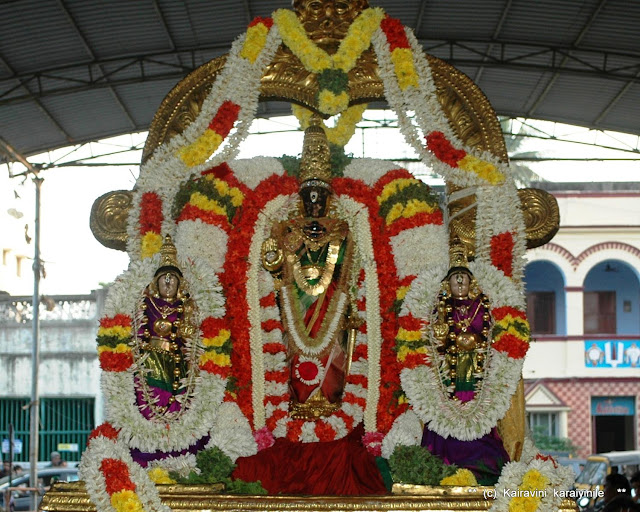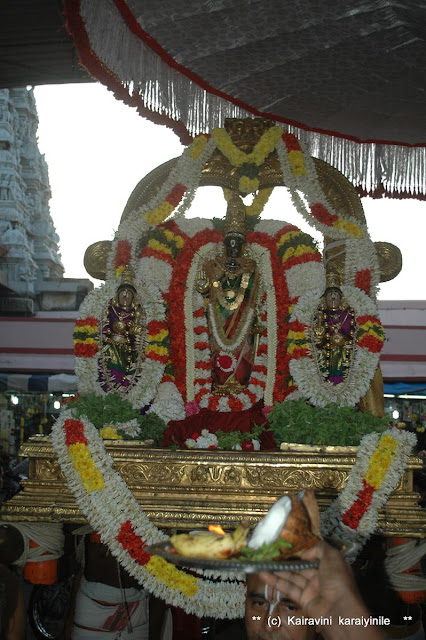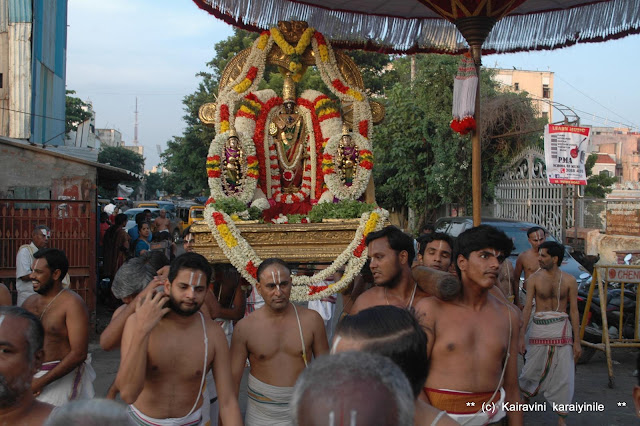Flowers are
beautiful, flower pervade happiness .. .. they are fragrant too !
Since the tulip mania of
the 1600s, the Netherlands has developed into the hub of the global flower
trade, not only growing huge quantities of tulips, roses and other flowers but
also importing, auctioning off and re-exporting flowers grown elsewhere.
Back home, a
video clip is doing the rounds on social media where the Uttar Pradesh CM Yogi
Adityanath is seen gently interacting with a 6-year-old girl, while the latter
greets the CM with a rose, a garland and a Radha-Krishna idol during his visit
to the Susvalia village of Padrauna block in Kushinagar, Uttar Pradesh. The CM
was on a visit to Deoria and Kushinagar district on May 26 (Wednesday) to
review the pandemic preparedness in these places, when he met the 6-year-old,
Khusboo.
“Dada, yeh
aapke liye”, says the little girl, while gifting a rose flower to Yogi
Adithyanath, who in turn, lovingly enquires about the class she studies in. The
CM explains to the girl that due to the pandemic situation, temporarily she
would be required to study from the house and not go to school.
Scientists recently
discovered a flower that lures in and imprisons coffin flies with the smell of
death. The plant uses this stinky aroma
to trick the insects into pollinating its flowers. This is the first time that
a flower has been found to mimic the scent of dead insects as opposed to dead
vertebrates, according to the new study. Between 4% and 6% of flowering plants
use a "deceptive pollination strategy" in which they lure in
pollinators such as insects with a scent, color or touch that suggests a
reward, such as nectar, pollen or mating and breeding sites that don't exist,
according to a statement. Because pollinators are bad at telling apart real and
fake rewards, they will pollinate these plants, or move pollen from the male part
of a plant to a female part to allow fertilization.
In India, the inclusion of flowers in Ayurveda dates to centuries earlier. Infact, Pushpa Ayurveda is a special branch of Ayurveda that was developed primarily by Jain priests. KalyanaKarakam, the 9th century text is the first text that mentions using flowers to cure diseases. The use of flowers as the foundation for producing various medicines and drugs is not unknown. A flower might look delicate and fragile, but it has the power to cure infections ranging from skin problems to considerable malignancy.
நமது பண்பாட்டின் அடையாளமாக
மலர்கள் விளங்குகின்றன. பக்தி இலக்கியம், கடவுளுக்கு சமர்ப்பித்தல், பெண்கள் அணிதல்
என மலர்கள் சிறப்பிடம் பெறுகின்றன. பூக்கள் அழகானவை; அழகானவை; நறுமணம் தர வல்லன
! நல்ல மணம் கமழும் மலர்கள் எம்பெருமானுக்கு
சமர்பிக்கப்படுகின்றன. பரிமளம் மிக்க புஷ்பங்களைக்
கொண்டு எம்பெருமானை தொழுபவர்கள் அற்புத பலன்களை, பரமபதத்தில் துயில் கொள்ளும் க்ஷீராப்த்தி
நாதனையே அடையப்பெறுவர்கள் என்பது நம் பூதத்தாழ்வார் வாக்கு. பெரியாழ்வார்
தமது பிரபந்தத்தில் ஆநிரை மேய்க்கும் கண்ணபிரானை பூச்சூட அழைக்கிறார் - கானகமெல்லாம்
திரிந்த கரிய திருமேனி வாட திரியும் தேனிலினிய பிரானுக்கு - செண்பகப்பூ, மல்லிகைப்பூ, பச்சை தமனகம், மரு, தமனகம்,
செங்கழுநீர்ப்பூ, புன்னைப்பூ, குருக்கத்திப்பூ, இருவாட்சிப்பூ, கருமுகைப்பூ - என பற்பல மலர்களை ஆயர்கோனுக்கு பட்டர்பிரான் சமர்பிக்கின்றார்.
தமிழகத்தை ஆண்ட அரசர்களில் - சேர சோழ பாண்டிய மன்னர்கள் - மூவேந்தர்கள்
என போற்றப்பட்டனர். மூவேந்தர்களின் அடையாளப்
பூக்களான போந்தை (பனம் பூ), வேம்பு (வேப்பம்பூ), ஆர் (ஆத்திப்பூ) ஆகியன பற்றிய குறிப்புகள்
சங்க இலக்கியத்தில் காணப்படுகின்றன. இவற்றைச் சூடியிருத்தல் அரசமரபு. இன்று புஷ்பங்கள் பற்றி படிக்கும்போது, பொய்கையாழ்வாரின்
முதல் திருவந்தாதி பாசுரத்தில் - காயாம்பூ, பூவைப்பூ - என்ற வார்த்தைகள் என்னை கவர்ந்தன.
காயா (Memecylon umbellatum) காய்ப்பது இல்லை. எனவே இதனைக் 'காயா' என்றனர். இம்மரம்
இலங்கையில் காயான் என அழைக்கப்படும். இது அநேகமாக கத்தி கைபிடி, கோடரி கைபிடி, விறகிற்காகவும்
பயன்படுத்தப்படுகிறது.
இது ஆழ்வார் பாடிய விஷயமாக இருக்காது. காயா என்னும் மலர் சங்க இலக்கியங்களில் சிறுசிறு
பூக்களாக, நீல-நிறத்தில் பூக்கும்,
மென்மையானவை. மணியைப் போன்ற காயா பவள நிற முல்லை நிலத்தில் உதிர்ந்து கிடக்கும் என
கூறப்பட்டுள்ளது.
காயாம்பூ,
பூவைப்பூ முதலியவற்றைக் கண்டால் சாதாரணர் இவை
காட்டுபூக்கள்’ என்று எண்ணி விளக்கிவிடுவார். ஆழ்வாரோ எம்பெருமானிடத்தில் அபரிமிதமான பக்தி கொண்டவர்.
காணும் பொருட்களில் எல்லாம் எம்பெருமானையும், கிடைக்கும் பொருட்களை எல்லாம் எம்பெருமானுக்கு என எண்ணி சமர்பிப்பவர். இதோ பொய்கையாரின் முதல் திருவந்தாதி பாசுரம் :
எனக்காவார் ஆரொருவரே, எம்பெருமான்
தனக்காவான் தானே மற்றல்லால்,
- புனக்காயாம்
பூமேனி காணப் பொதியவிழும் பூவைப்பூ,
மாமேனி காட்டும் வரம்.
ஆழ்வார் எம்பெருமானையே நினைத்து, அவனுக்கு மட்டுமே கைங்கர்யங்கள் செய்து, எம்பெருமானுடைய நிர்ஹேதுக கடாக்ஷத்திற்குப் பாத்திரபூதனானவர். அப்படிப்பட்ட தனக்கு, ஒப்பாகுபவர் எவரொருவரிருக்கின்றனர்? என தன்னையே வினவுகிறார். ஸ்ரீமந்நாரணன் ஆகிய அந்த ஸர்வேச்வரனும் தானே தனக்கு ஒப்பாவானேயல்லாமல் அவன்தானும் எனக்கு ஒப்பாகவல்லனோ? .. .. எப்படி ஆழ்வாருக்கு இத்தகைய ஏற்றம் எனில் - தனக்கு உரிய நிலத்தில் தோன்றிய காயாம்பூவின் நிறமும் காணக்காணக் கட்டவிழா நிற்கும் பூவைப்பூவின் நிறமும் சிறந்ததான அழகிய கரிய திருமேனியை அவ்வெம்பெருமான் காட்டா நிற்குமளவிலும் போலியான பொருள்களைக் கண்டும் அவனைக் கண்டதாகவே நினைந்து மகிழ்கிற எனக்கு ஒருவரும் ஒப்பாகார் என்று அவனிடத்திலே தமது பக்தியை இயம்பி ஆனந்திக்கின்றார்.
Way back
in Nov 22,2014 was Amavasyai and there was grand purappadu of Sri Parthasarathi
Perumal at Thiruvallikkeni divyadesam.
Emperuman Sri Parthasarathi gave darshan becked in so many beautiful
floral garlands and ornaments. Here are
some photos reminiscing those glorious days, when the World was happy and was
free from dreaded diseases.
Mamandur Veeravalli Srinivasan Sampathkumar
29.5.2021













Nice description of flowers and azhwar pasuram. Nice photos.
ReplyDelete